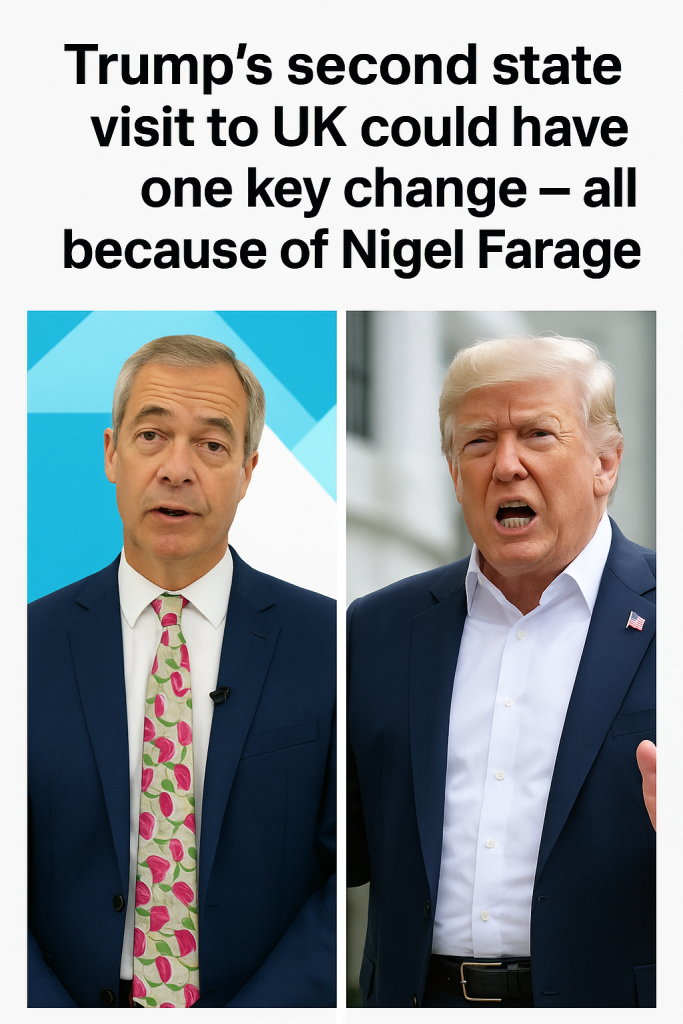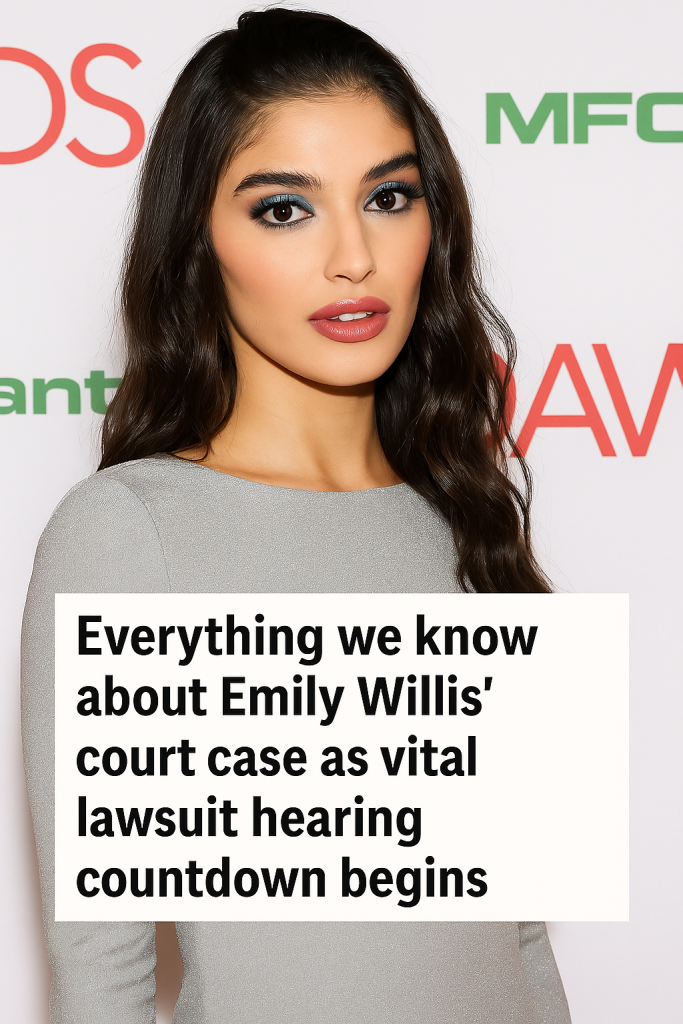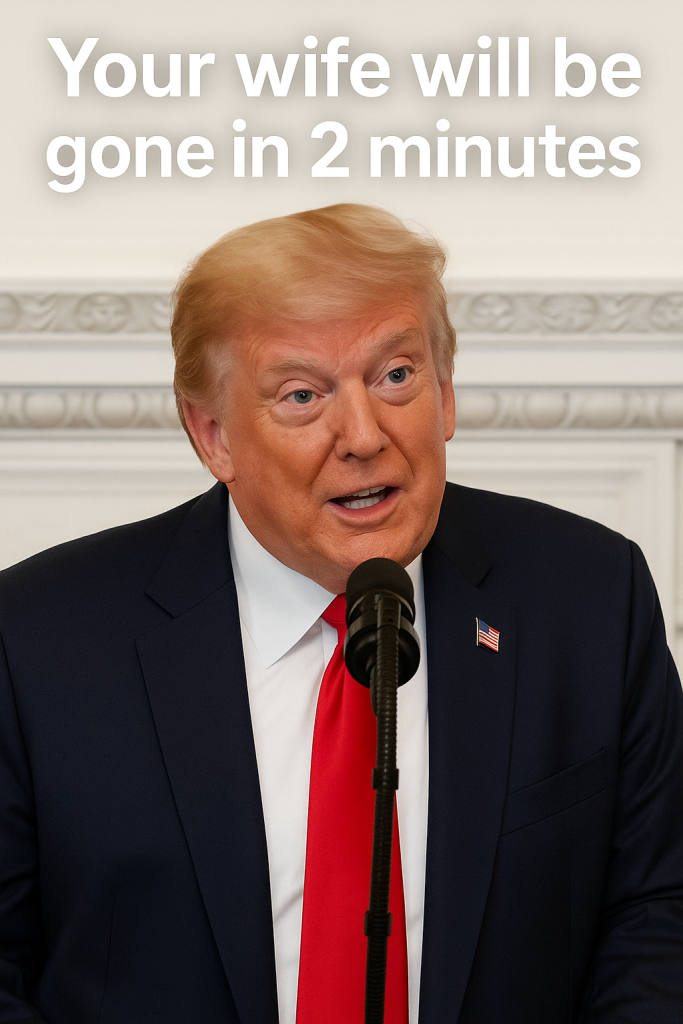The prospect of former US President Donald Trump making a second state visit to the United Kingdom in 2024 has sparked considerable buzz across political and social spheres. While details remain partially under wraps, emerging reports suggest that a significant alteration to the traditional protocol could be driven by the influential role of Brexit architect Nigel Farage.
Trump’s first state visit to the UK in 2019 was marked by controversy and large-scale protests, alongside strained interactions with key British political figures. Nonetheless, his enduring popularity among certain voter segments and his close ties with prominent British political commentators have kept the possibility of a return visit alive. What sets the upcoming visit apart is an unusual and potentially game-changing factor: Nigel Farage’s escalating influence in shaping the itinerary and reception arrangements.
Farage’s Strategic Role
Over recent months, Nigel Farage has re-emerged as a potent voice in UK politics, especially amid ongoing debates regarding the post-Brexit relationship between Britain and the United States. His persistent advocacy for stronger bilateral ties and his high-profile friendship with Trump appear to be key drivers behind any negotiated changes to the state visit’s format.
Sources close to the planning emphasize that Farage has been unofficially advising on how to maximize the political messaging of Trump’s visit. This could mean less formal pomp and ceremony and more emphasis on grassroots-style events, a stark departure from the traditionally rigid protocols of state visits. This strategy aligns with Farage’s populist approach, prioritizing direct engagement with supporters over diplomatic formalities.
Potential Changes to the Visit
One of the most notable proposed changes involves the locations and participants involved in the official reception. Instead of exclusively focusing on London’s establishment venues such as Buckingham Palace or Downing Street, Farage is reportedly advocating for a more decentralized visit. This could include politically symbolic stops in areas that reflect working-class support bases, territories where Farage’s own party has found regional strength, and where Trump’s messages historically resonate.
Additionally, the guest list is said to be under consideration for alteration. Rather than featuring a wide array of UK political elites, there may be a deliberate move to prioritize allies aligned with the Brexit vision and those supportive of Trump’s “America First” ideology. This would mark a distinctive shift from state visits that typically emphasize bipartisan goodwill and strong ties with the current UK government.
Implications for UK-US Relations
The possibility of these changes has stirred mixed reactions among policymakers and the public. Supporters argue that a streamlined, grassroots-focused visit would underscore the deep cultural and political connections between segments of the American and British populace that feel sidelined by mainstream politics. It could invigorate efforts to finalize a post-Brexit trade deal and highlight the enduring power of populist political narratives on both sides of the Atlantic.
Conversely, critics warn that sidelining traditional diplomatic venues and established politicians risks alienating key stakeholders critical to the UK-US alliance. The move could also deepen divisions within the UK, especially if the visit is viewed as endorsing partisan or controversial figures over a unifying national message.
Looking Ahead
While official confirmation of the state visit’s details remains pending, it is increasingly clear that Nigel Farage’s behind-the-scenes influence may redefine what a state visit by a former US president looks like in the 21st century. Should these changes materialize, they may set a precedent for future diplomatic engagements, merging the spectacle of statecraft with the intimacy of populist politics.
As preparations continue, observers both in the UK and the US will be watching closely to see how this unique collaboration shapes international diplomacy and political messaging in the year ahead



